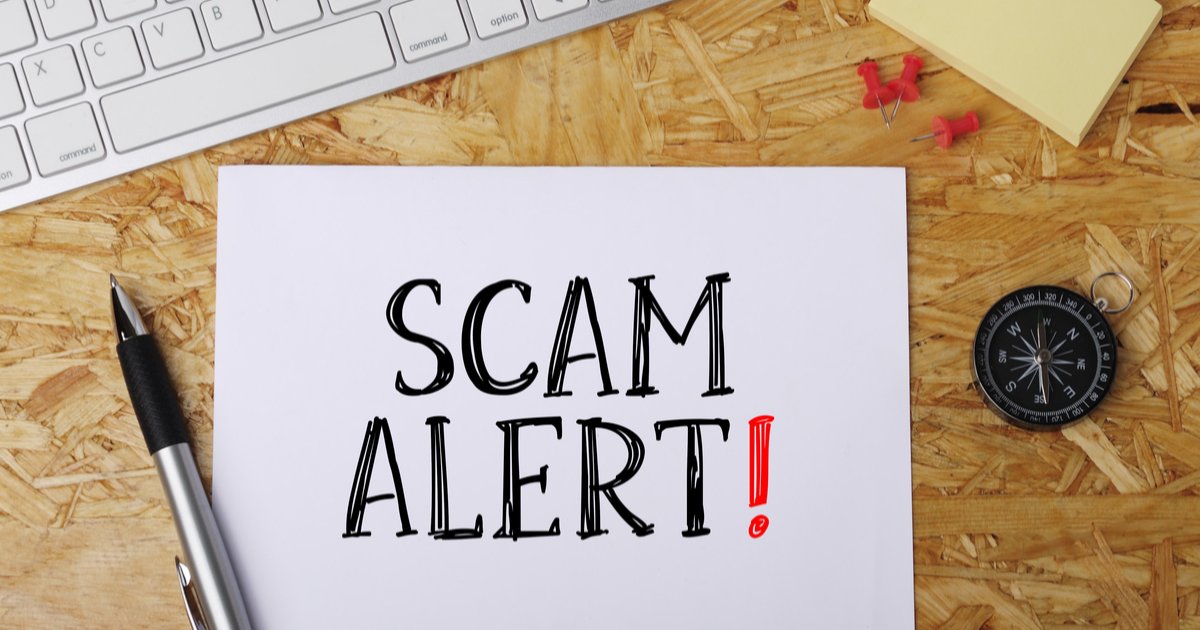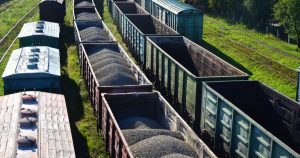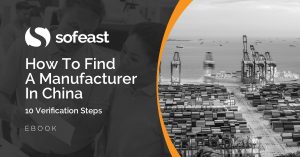We are contacted regularly by overseas buyers who are about to purchase a commodity product from a Chinese manufacturer, and it is nearly always a very risky situation for the buyer as switching out an order of commodities to a cheaper commodity at the last minute is an all too common China scam.
What commodities do buyers often buy from China?
Here are examples of commodities commonly purchased from Chinese manufacturers:
- Caustic soda flakes
- A certain type of plastic material
- A certain type of metal (like in the example below)
- Scrap copper
Why is buying commodities from China at risk of the ‘bait and switch?’
The problem is that the commodity being purchased is usually not customized at all and can be swapped easily just before shipment.
An inspector can come in, take photos and run a few tests, but usually, it is insufficient to confirm the exact characteristics promised by the seller.
It means there is usually a need to pick samples for off-site laboratory testing. It means the product can stay in the factory for a week before the shipment is green-lit.
The scam that we see here is that people in the warehouse have ample time to swap the content before shipment, in order to send a much cheaper material. It is really tempting if they don’t see a way to make a long-term profit with that customer (and that’s often the case since these sales are driven by price alone).
Example of a scam when buying steel
A friend gave me a recent example. Here is how it unfolded:
- A quotation from sent by supplier in July 2019 stated the steel would be ABS Grade (a standardized alloy for use in shipbuilding — it usually comes with a mark when it has been certified). The American Bureau of Shipping manages that standard.

- Purchase order from [indonesian customer] of that product in ABS Grade, The PO stated clearly ABS identification on every surface of the product. And it stated the heat number must match with the identification of the product.
- Pro forma invoice from Kunda Steel (the scammer, in Shandong province) stated ABS Grade for each product.
- Down payment to the supplier (about 3,000 USD).
- The product shipped to the import bore an incorrect heat number. The buyer started to question the authenticity of the material.
- Buyer communicated with ABS Indonesia and ABS China, and both offices confirmed that, unless there is a sales contract that traces back to the original producer, the ABS certification is most probably counterfeited. It means the material might or might not meet the ABS Standard, and ABS will not test any product with an unclear origin.
- The supplier does not provide proof of the origin of the steel material, nor the certification from ABS.
What could this steel buyer have done differently?
First, let’s point out that they didn’t place a huge order. That’s a good thing. Start small and keep your bets limited.
Second, the buyer should have done some research and learned what needs to be confirmed before placing any orders. There is even a searchable database.
Third, they contacted a seller that was ready to sell fake material, without investigating their good business practices (happy customers buying that same product, etc.).
In this case, sending an inspector might have helped in spotting the wrong marking, too.
Another example: how purchasers of plastic polymers can cut their risks
Checking a thermoplastic polymer is usually easier. The approach is different, and I thought it would be interesting to cover it, too.
First, buying from an established brand (e.g. BASF, Dupont…) helps a lot. But the price is often higher. (Buying tiny volumes directly from those giants is impossible, but there are authorized resellers in pretty much every country.)
Sending an inspector to the factory can go a long way. For example, burning some of the material and observing its behavior. For example, PP is supposed to burn as follows:
- Blue, yellow-tipped flame
- Burns slowly
- Plastic drips
- Sweet odor
- Floats in water
The inspector can also run some of the plastic testing protocols we illustrated here. However, doing this is difficult if there is no testing laboratory at the factory.
And, finally, to keep risks low, the products can be paid for and picked up while the inspector is at the factory. (That’s not easy to arrange from overseas, but a good procurement office can make it happen.)
*****
Have you encountered a China cam where commodities have been switched out for something cheaper? What measures do you normally take to avoid this happening? Any other questions?
Let me know by leaving a comment, please.
Are you wondering how to find a manufacturer in China who is well-suited to your needs and can also deliver on their promises?
Sofeast has developed 10 verification steps to help you find the right manufacturer. They’re shared in this FREE eBook: “How To Find A Manufacturer In China: 10 Verification Steps.”
It covers:
- Background checks
- Manufacturing capabilities
- Quality system auditing
- Engineering resources
- Pricing, negotiation, & contracts
- …and much, much more
Just hit the button below to get your copy:




Thanks for this informative blog post. Poor-quality steel is a good example of how this scam be create problems. Depending on the end use, such as steel as a building material, the consequences can be quite dangerous. I’d say a quality audit in your Chinese supplier’s factory can be an added step to help avoid this kind of scam.